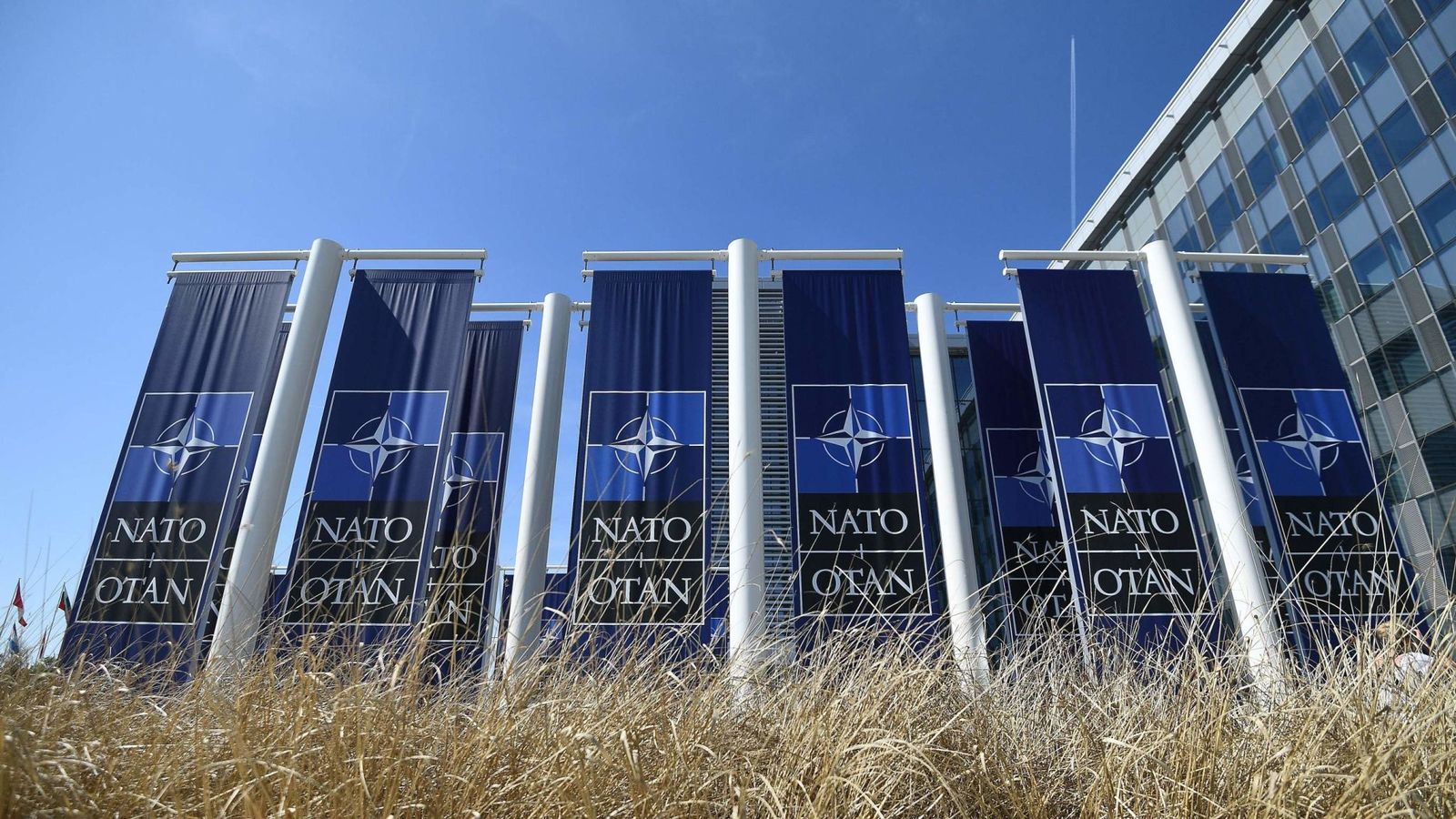
The defence organisation says allies will need to decide whether to adopt a common position regarding Huawei's 5G technology.
Tuesday 5 February 2019 15:43, UK
NATO allies are engaged in ongoing consultations over whether to adopt a common position, potentially including a ban, on the use of Huawei equipment.
Although members including Poland have called for a joint position between NATO and the EU on Huawei, NATO has said a common position would mean a collective agreement between its members.
The defence organisation will not issue a ruling which would be imposed in the manner of an EU prohibition.
Ian West, NATO's chief of cyber security, confirmed to Sky News that the organisation was consulting with allies, but said that any common position about the threat posed by Huawei's technology would be built by the sovereign nations themselves.
Due to the increasing interest in Huawei, he anticipated more would be said publicly on the matter in the coming weeks as scrutiny of the Chinese technology giant continues amid concerns that Beijing could use its access to the company to tamper in foreign telecommunications networks.
In an official statement, the organisation's spokesman added: "We are following the issue closely. It would not be appropriate to discuss the process of consultations between allies."
Security bodies across NATO, including the US, Canada, and Poland, have questioned whether the inclusion of Huawei's equipment in 5G networks could pose a national security risk.
German chancellor Angela Merkel yesterday stated that Germany requires guarantees that Huawei would not hand data to the Chinese state before allowing the company in the country's networks.
In the UK, a government review into telecoms security, which will recommend whether or not Huawei should be banned from the country's networks, is set to be completed in March, although its findings may be too sensitive to publish.
The US has been lobbying allies to reconsider the place of the company in their critical infrastructure, according to reports, although it is yet to publish evidence that Huawei equipment has been used for malicious activity.
Speaking to Sky News at NATO's headquarters in Brussels, the organisation's assistant secretary general for emerging security challenges, Dr Antonio Missoroli, confirmed that consultations were ongoing.
"As you know, some allies have expressed a concern about Huawei technologies, and the alliance of course takes their concerns very seriously. We keep consulting each other on these challenges and threats," said Dr Missoroli.
He stressed that the internal NATO Communications and Information Agency (NCIA), which is responsible for securing the organisation's own networks, did not have any current or planned contracts with Huawei, which is not an eligible provider to the alliance.
Mr West explained to Sky News: "There is a general position on not having non-NATO contracts. Our procurement rules say that we must procure from allied nations' industry or industry that has been approved by allied nations."
Mr West added: "We know that a number of our allies have expressed concerns over Huawei, particularly in relation to the 5G network.
"That's why we're now consulting with our allies to find out, to get more information about what they know, and see whether or not that would have any effect on NATO."
The consultations involve allies sitting together and discussing their concerns at a national level, explained Mr West.
"They'll offer their own particular national perspective, they may offer some information about why they've reached that conclusion, and then allies based on consensus, will discuss, consult, and then decide whether or not a common NATO position is needed."
Aside from concerns about the company's equipment, its chief financial officer Meng Wanzhou, the daughter of company founder Ren Zhengfei, was arrested in Canada in connection with alleged sales to Iran in breach of US sanctions, and is currently facing extradition to America.
In response, China summoned the Canadian ambassador to issue a "strong protest", calling Ms Meng's arrest "extremely nasty" while Chinese media has blamed the arrest on US protectionism.
At the same time, 13 charges have been filed in New York against the company, and another 10 filed in Washington, including an allegation that Huawei stole the designs for a robotic hand used by T-Mobile to test new smartphone devices.
Among NATO's members, Poland is considering prohibiting the use of Huawei products after one of the company's employees was arrested on suspicion of espionage.
Two men working in the Polish telecommunications industry were detained on Friday; a Chinese man employed by telecommunications giant Huawei, and a Polish national who is reportedly a former counter-intelligence officer.
At the time, Reuters reported that a spokesman for the Polish security services said the allegations related to individual actions and were not linked directly to Huawei.
Two of the company's staff have also been expelled from Denmark this week in connection with their work permits were inspected and not found to be in order.
Sky News

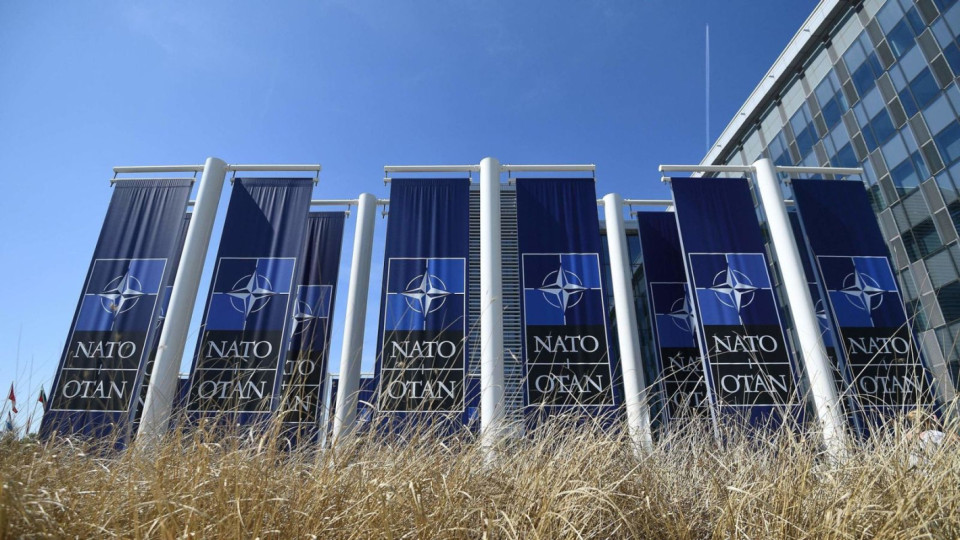
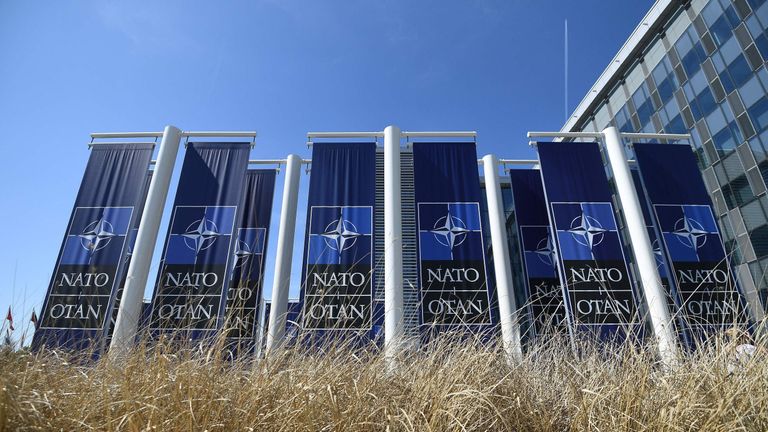
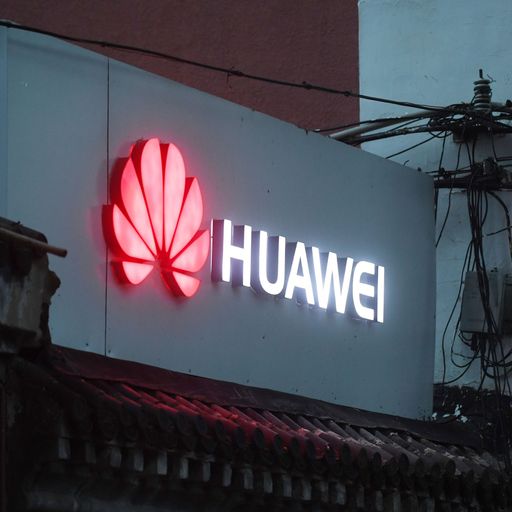
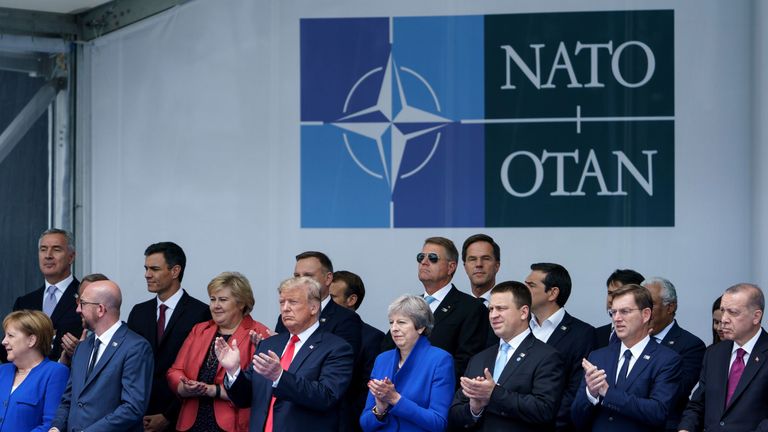

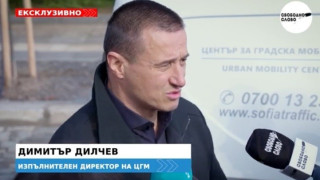



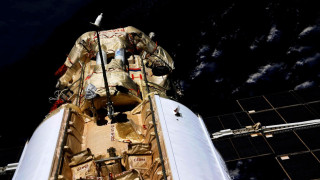




Leave a comment